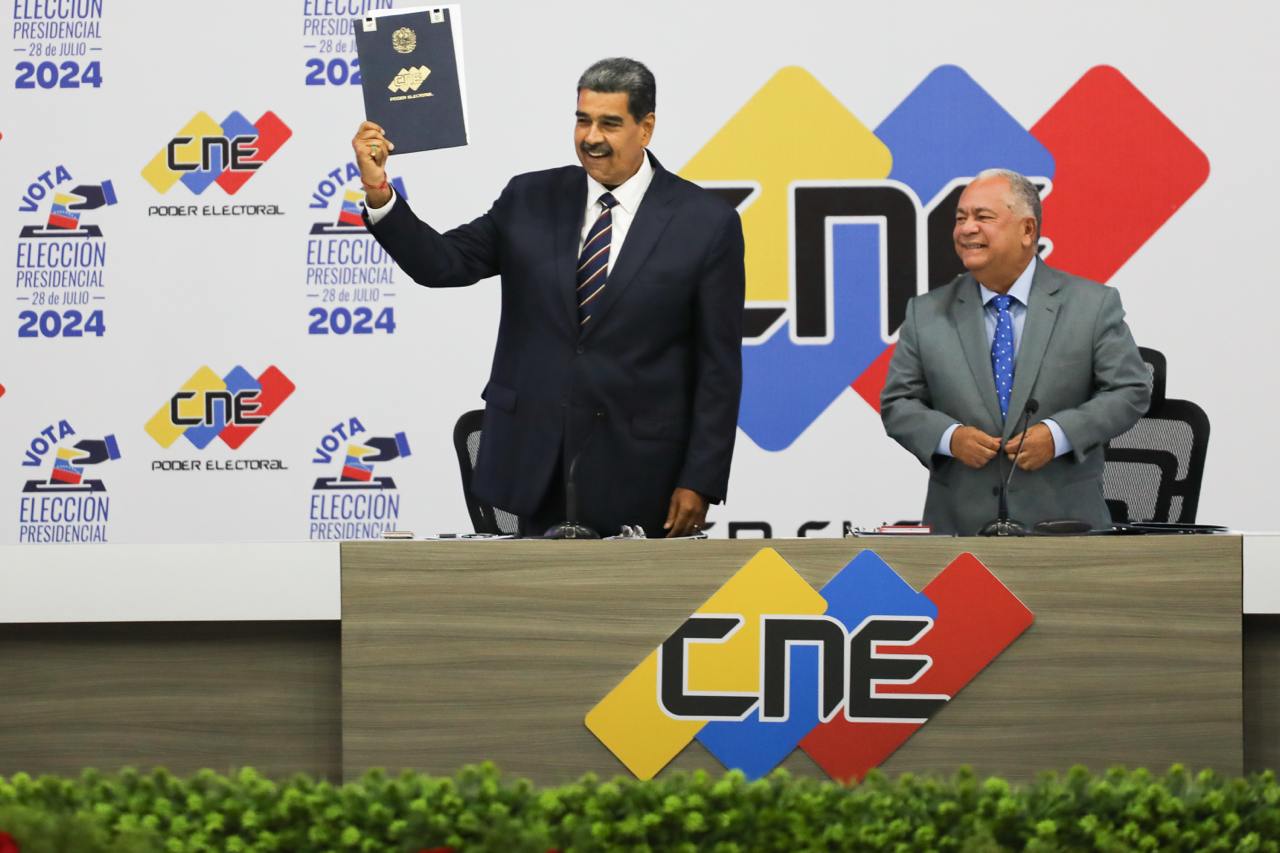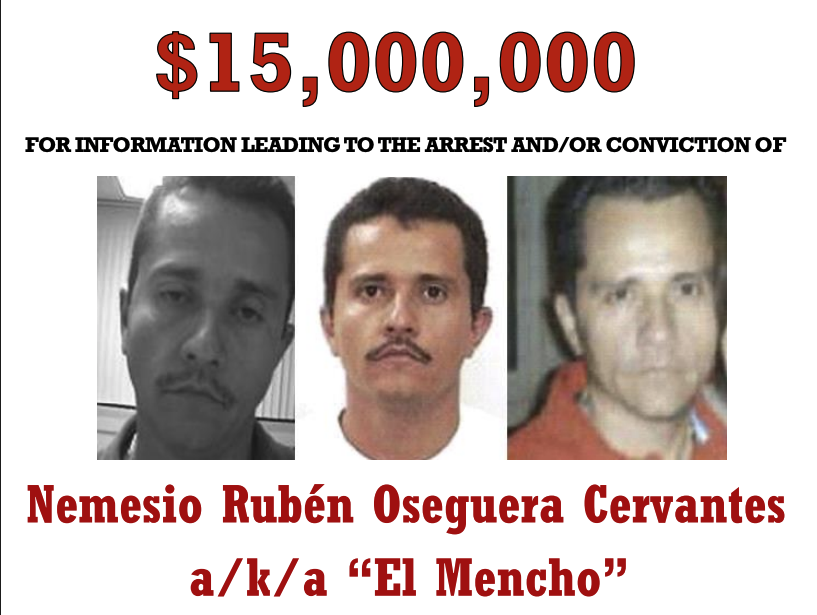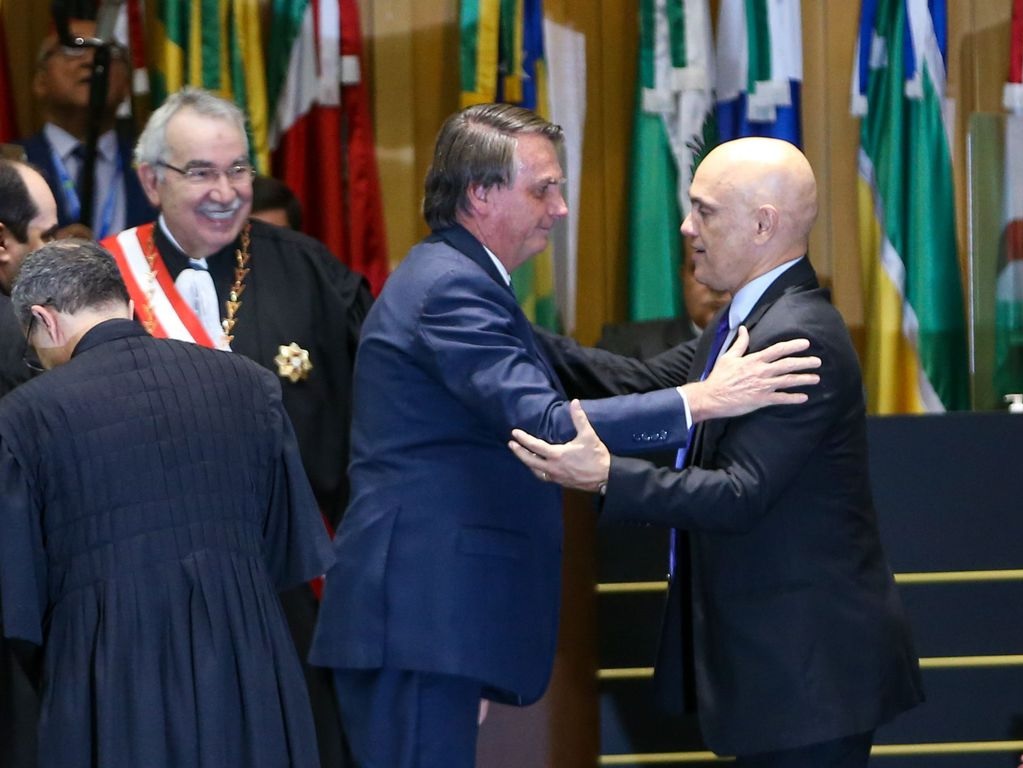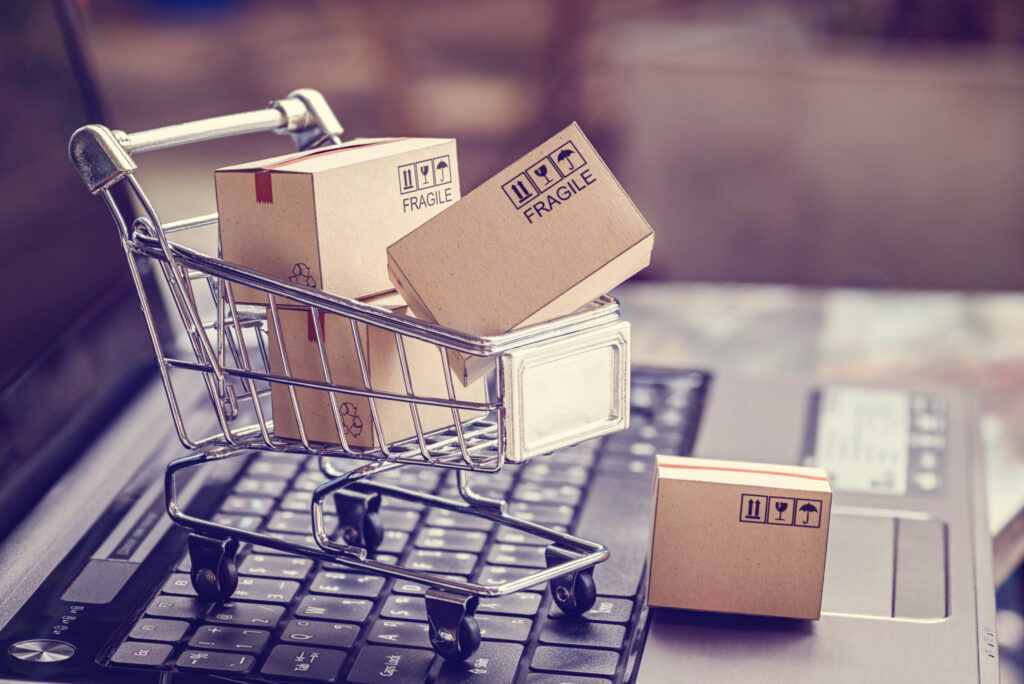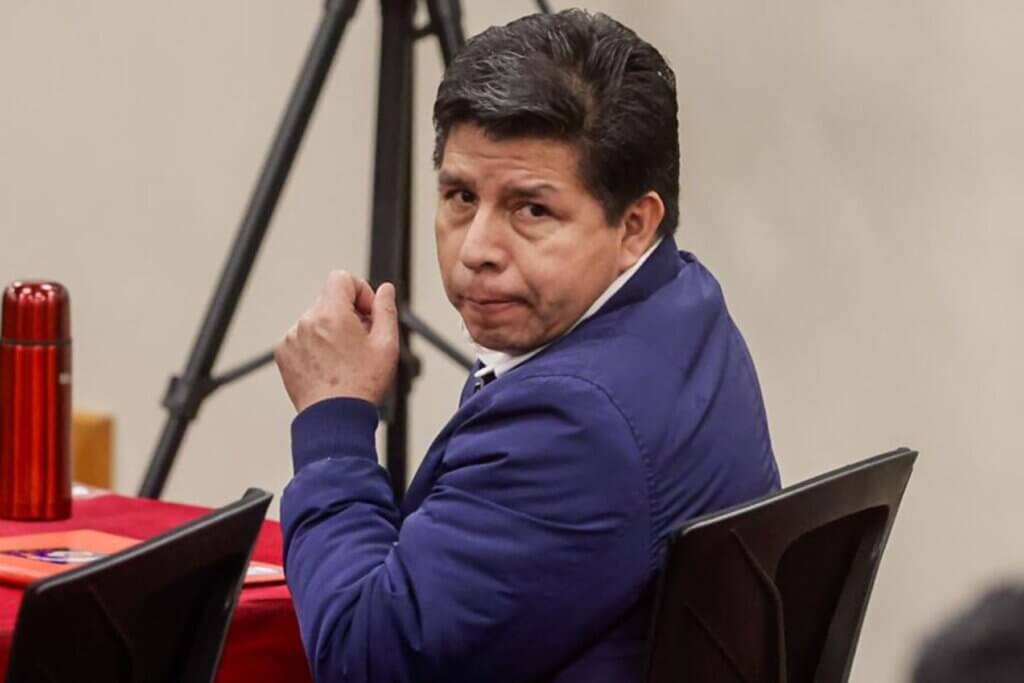Mexico City, Mexico — Venezuela’s electoral authority on Sunday announced that incumbent President Nicolás Maduro had been elected to a third term in office, a result that was immediately contested by the opposition and international observers.
In the days since the announcement, international leaders have begun to weigh in, with Latin American officials either congratulating or denouncing Maduro’s victory mostly based on ideological lines, with the exception of Maduro ally and Brazilian President Luiz Inácio Lula da Silva, who called on Maduro to share voter data.
The election and its backlash inside Venezuela
Since the announcement of Maduro’s victory, civil protests have broken out across the country, resulting in the deaths of between six and 11 people. Venezuela’s Attorney General Tarek William Saab warned that many more demonstrators could be arrested and possibly charged with terrorism.
The opposition, led by Marina Corina Machado, has disputed the electoral authority’s official results, which reported that Maduro beat opposition candidate Edmundo González Urrutia by a margin of 51.2% to 44.2%.
They accused the government of not turning over all of the physical tabulations from voting machines to civilian election observers. According to Machado, her team has received 73% of tabulations thus far, and said that, “even if the [electoral authority] gave 100% of the votes to Maduro, what we already have would not be enough. The difference was so big, so big, overwhelming, in all the states of Venezuela, in all the strata, in all the sectors, we won.”
Neither Machado nor the Venezuelan electoral authorities have released tabulations as of yet, according to the Associated Press, but Machado did publish a website where Venezuelans can review their votes by inserting their ID numbers.
Latin America’s response to election results
Venezuela’s renewed political strife has drawn mixed responses from its neighbors in Latin America.
For the most part, reactions to the disputed elections have been drawn down familiar political and ideological lines, with traditional allies of Maduro’s regime aligning with him, except in the case of Brazil.
After speaking with United States President Joe Biden, Lula, who has been a supporter of Maduro in the past, said the political crisis would be solved once the government released the voting tabulations.
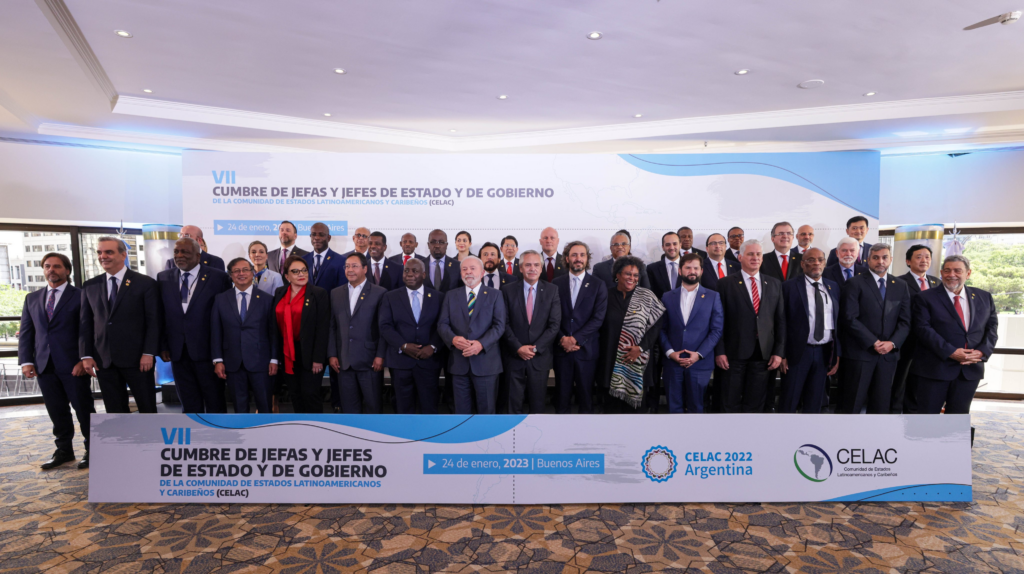
“When the certificate is presented, and it is confirmed that it is true, we all have an obligation to recognize the Venezuelan electoral result,” he said.
Read more: Lula discusses Venezuela with Biden, demands release of voting records
Other supporters of Maduro’s regime were quick to congratulate him on his reelection. He received support from Cuban President Miguel Díaz-Canel, Bolivian President Luis Arce, Daniel Ortega from Nicaragua, and Honduras’ Xiomara Castro.
Maduro’s longtime detractors from the Organization of American States (OAS) discredited elections and condemned Maduro for “distorting the electoral result” from the “most aberrant manipulation” in a process “without guarantees.”
The governments of Uruguay, Argentina, Costa Rica, Ecuador, Guatemala, Panama, Paraguay, Peru, and the Dominican Republic called for an emergency meeting of the OAS on Wednesday to demand a review of the election results.
In response, Maduro’s regime ceased diplomatic relations with the countries on Monday, saying their diplomatic corps have 72 hours to leave Venezuela, accusing the countries of acting on behalf of U.S. interests.
“The Bolivarian Republic of Venezuela expresses its firmest rejection of the interference and declarations of a group of right-wing governments, subordinated to Washington and openly committed to the most solid ideological postulates of international fascism,” read the statement.

Other neighbors also rejected the results, including Argentina’s libertarian firebrand Javier Mieli, who took to X to urge Venezuelan’s armed forces to defend “democracy and popular will.”
Meanwhile, Chilean President Gabriel Boric also condemned Maduro’s win and challenged the results, calling them “hard to believe,” and Peruvian President Dina Boluarte was the first leader to recognize Edmundo González as the President of Venezuela.
So far, Mexico’s outgoing President Andrés Manuel López Obrador and his successor, Claudia Sheinbaum, have been wary of taking a stand against Maduro.
They said they’ll wait for Venezuela to share an official recount of the votes before professing their stand on the matter, while also denouncing alleged foreign intervention in the elections.
Maduro’s regime has claimed, without providing evidence, that foreign interests have attacked the elections — including an alleged operation by the Lima Group and US politicians, as well as a reported cyber attack originating in North Macedonia.
“Venezuela is a free, sovereign country, and the self-determination of the Venezuelan people must be recognized,” said Sheinbaum. “This international attention and the communiqué of the OAS are already qualifying for the election. Well, we have to wait.”


